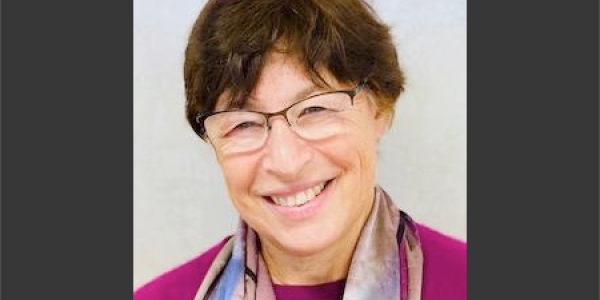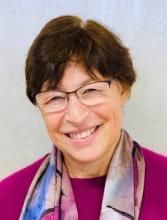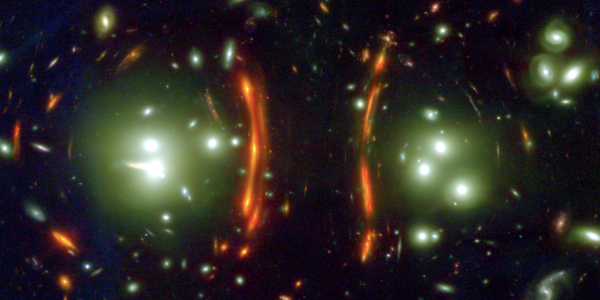
From Earth to ET: the use of synthetic biology for NASA’s missions
Lynn Rothschild, NASA Ames Research Center
Synthetic biology – the design and construction of new biological parts and systems and the redesign of existing ones for useful purposes – is transforming fields from fuels to pharmaceuticals and beyond. Our lab has pioneered the potential of synthetic biology to revolutionize two areas of interest to NASA: astrobiology and as an enabling tool for exploration. Synthetic biology is allowing us to answer whether the evolutionary narrative that has played out on planet Earth is likely to have been unique or universal. For example, in our lab we have re-evolved the biosynthetic pathways of amino acids in order to understand potential capabilities of an early organism with a limited repertoire of amino acids. And what about the limits for life? Can we create organisms that expand the envelope for life, for example, radiation resistance? For exploration, we will rely increasingly on biologically-provided life support, as we have throughout our evolutionary history. But once life itself is seen as an enabling technology, we can do so much more. What about the exploration platforms themselves? Metal recovery? Building materials? BioWires? Will this technology work in space? The PowerCell payload on the DLR EuCROPIS mission is designed to do just that. Activated in December 2018, early results will be presented.
About Lynn Rothschild

Lynn Rothschild is passionate about the origin and evolution of life on Earth and elsewhere, while at the same time pioneering the use of synthetic biology to enable space exploration. She wears several hats as a senior scientist NASA’s Ames Research Center and Bio and Bio-Inspired Technologies, Research and Technology Lead for NASA Headquarters Space Technology Mission Directorate, as well as Adjunct Professor at Brown University. Her research has focused on how life, particularly microbes, has evolved in the context of the physical environment, both here and potentially elsewhere. Rothschild has brought her imagination and creativity to the burgeoning field of synthetic biology, articulating a vision for the future of synthetic biology as an enabling technology for NASA’s missions, including human space exploration and astrobiology. Since 2011 she has served as the faculty advisor of the award-winning Stanford-Brown iGEM (international Genetically Engineered Machine Competition) team, which has pioneered the use of synthetic biology to accomplish NASA’s missions, particularly focusing on the human settlement of Mars, astrobiology and such innovative technologies as BioWires and making a biodegradable UAS (drone) and an Astropharmacy. Her lab is testing these plans in space on in the PowerCell synthetic biology secondary payload on a DLR satellite, EuCROPIS, launched in December 2018. She is a fellow of the Linnean Society of London, The California Academy of Sciences and the Explorer’s Club. In 2015, she was awarded the Isaac Asimov Award from the American Humanist Association, and was the recipient of the Horace Mann Award from Brown University, and has been a NASA Innovative Advanced Concepts (NIAC) fellow three times, most recently in 2018. She frequently appears on documentaries, TV and radio, and lectures worldwide, including Windsor Castle, Comi Con, TechFestival and the Vatican, and most recently debated de-extinction for an Intelligence Squared USA debate. Her interest in building a cell combines her expertise in evolutionary biology, extremophiles, history and philosophy of science, synthetic biology and the search for life in the universe. Lynn was formally Professor (Adjunct) at Stanford where she taught “Astrobiology and Space Exploration” for a decade.
Audience: Public


